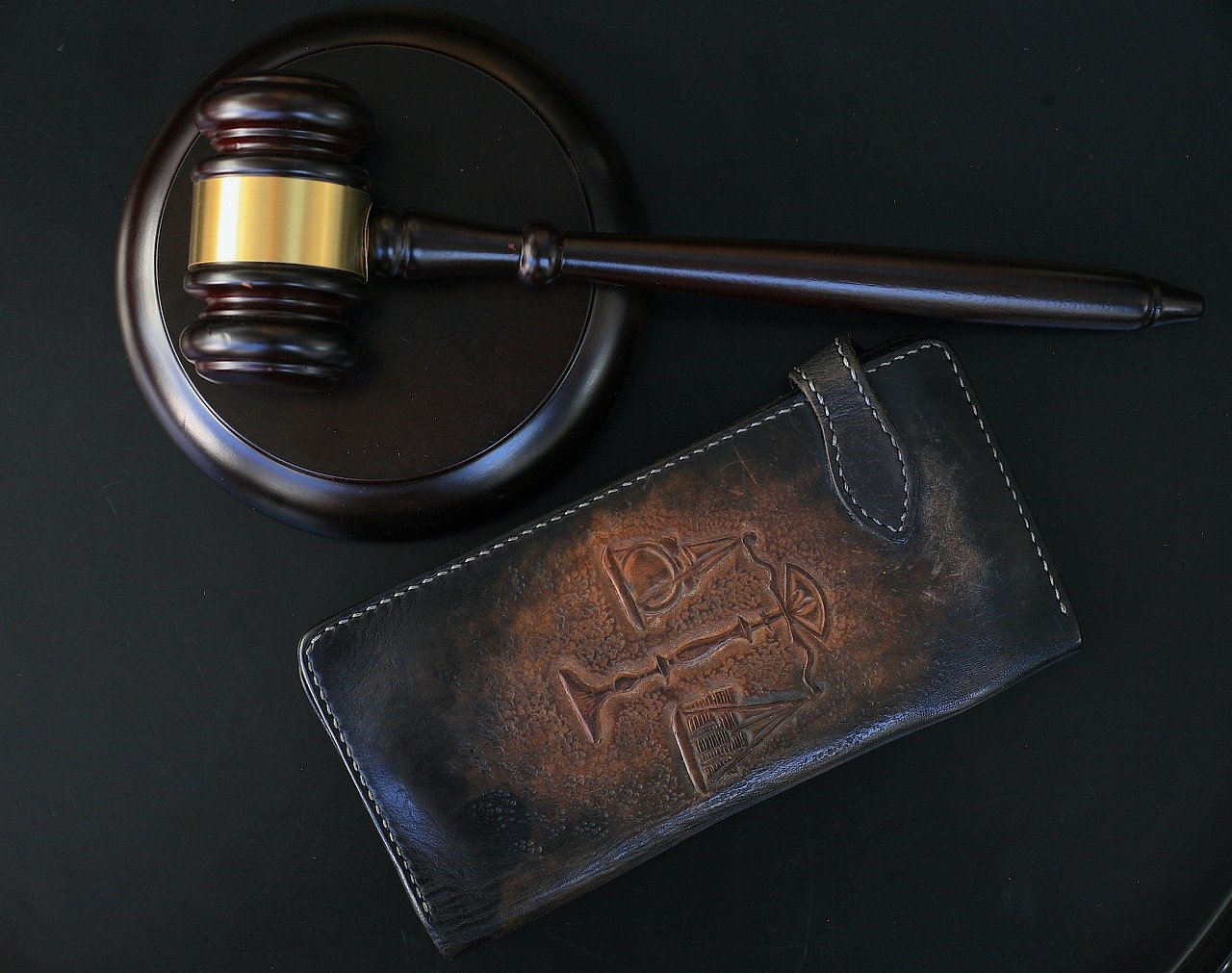The lawsuit involving C.W. Park and the University of Southern California (USC) has highlighted several lessons for academic leadership. This article will explore the key lessons that academic leaders can learn from the C.W. Park USC Lawsuit and discuss how these lessons can be applied to improve governance and accountability within academic institutions.
Importance of Strong Leadership
Strong leadership is essential for maintaining the integrity and credibility of academic institutions. Leaders play a crucial role in setting the tone for ethical behavior and ensuring that policies and procedures are followed.
- Setting Expectations: Academic leaders must set clear expectations for behavior and communicate the importance of ethical standards to all members of the academic community.
- Leading by Example: Leaders must model ethical behavior and demonstrate their commitment to integrity and accountability. This includes adhering to policies, being transparent, and holding themselves accountable for their actions.
- Fostering a Culture of Integrity: Leaders must work to create a culture of integrity within their institutions. This involves promoting ethical behavior, providing training and education, and encouraging open communication about ethical issues.
Key Lessons from the C.W. Park USC Lawsuit
The C.W. Park USC lawsuit offers several key lessons for academic leaders:
- Proactive Governance: Academic leaders must take a proactive approach to governance, ensuring that policies and procedures are regularly reviewed and updated to address emerging issues.
- Effective Oversight: Leaders must establish effective oversight mechanisms to monitor compliance with policies and address ethical violations. This includes forming committees or task forces to review allegations and make recommendations.
- Prompt and Fair Investigations: Leaders must ensure that misconduct allegations are investigated promptly and fairly. This involves providing resources and training for investigators and ensuring that all parties are treated with respect and fairness.
- Support for Victims: Leaders must prioritize the support and protection of victims of misconduct. This includes offering counseling services, protecting victims from retaliation, and ensuring that their complaints are taken seriously.
- Transparent Communication: Leaders must communicate transparently with the academic community about the processes and outcomes of misconduct investigations. This helps build trust and ensures that all members of the community are informed about the institution’s commitment to ethical behavior.
Implementing Lessons in Academic Leadership
To implement the lessons learned from the C.W. Park USC lawsuit, academic leaders can take several proactive steps:
- Review and Update Policies: Regularly review and update policies to ensure they are clear, comprehensive, and aligned with legal requirements and best practices.
- Provide Training and Education: Offer regular training and education on ethical issues and the importance of academic integrity. Ensure that all members of the academic community are aware of their responsibilities and the procedures for reporting ethical violations.
- Establish Oversight Mechanisms: Create oversight mechanisms, such as committees or task forces, to review and monitor the handling of misconduct allegations. Ensure that these mechanisms are independent and have the authority to make recommendations.
- Support Victims: Provide robust support systems for victims of misconduct. This includes offering counseling services, protecting victims from retaliation, and ensuring that their complaints are taken seriously.
- Communicate Transparently: Communicate transparently with the academic community about the processes and outcomes of misconduct investigations. This helps build trust and ensures that all members of the community are informed about the institution’s commitment to ethical behavior.
Conclusion
The C.W. Park USC lawsuit offers important lessons for academic leaders. By taking a proactive approach to governance, establishing effective oversight mechanisms, and prioritizing the support and protection of victims, academic leaders can work towards creating a safe and respectful academic environment. The lessons learned from this case can help institutions improve their processes and ensure that misconduct is addressed promptly and fairly.








